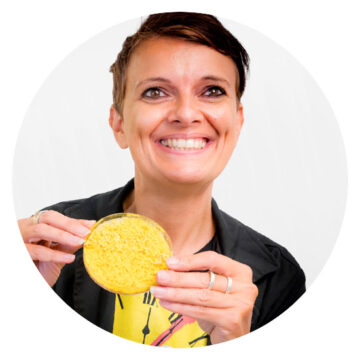Centre Broca Nouvelle-Aquitaine
Audrey Dussutour
CRCA, Toulouse
https://crca.cbi-toulouse.fr/en/home/
http://dussutou.free.fr/
Invited by Nicolas Rougier (Inria / IMN)
Title
Problem solving in slime molds
Abstract
The survival of all species requires appropriate behavioral responses to environmental challenges. Although single cell organisms lack the complex hardware of a true brain, they live in complex ecological niche and face the same decision-making challenges that animals are faced with: they must feed and mate, adapt to changing conditions, sense and avoid predators and find suitable microclimates to inhabit. However, behavioral processes such-as learning and decision making have hitherto been investigated almost exclusively in multicellular neural organisms. Evidence for learning and decision making in non-neural multicellular organisms are highly debated and only a few unequivocal reports of learning and decision making have been described in single celled organisms. Acellular slime molds are remarkable single cell organisms that belongs to the Amoebozoa, a kingdom usually considered to be a sister group to fungi and animals. Slime molds have often been used as a model organism to study problem-solving in aneural biological systems. To cite just a few examples, slime molds are able to find the shortest path through a maze, construct efficient transport networks, use social information, anticipate periodic events, avoid previously explored area, make multi-attribute decision..etc. In the first part of my talk, I will focus on decision making and explore various frameworks: nutritional geometry, speed versus accuracy trade-off, Weber’s law and social influence. In the second part of my talk, I will review a series of experiments showing that slime molds might display habituation, a simple form of learning. Hopefully by the end of my talk, you will be convinced that slime moulds are an ideal model system in which to investigate fundamental mechanisms underlying the ground-floor of problem solving abilities.

